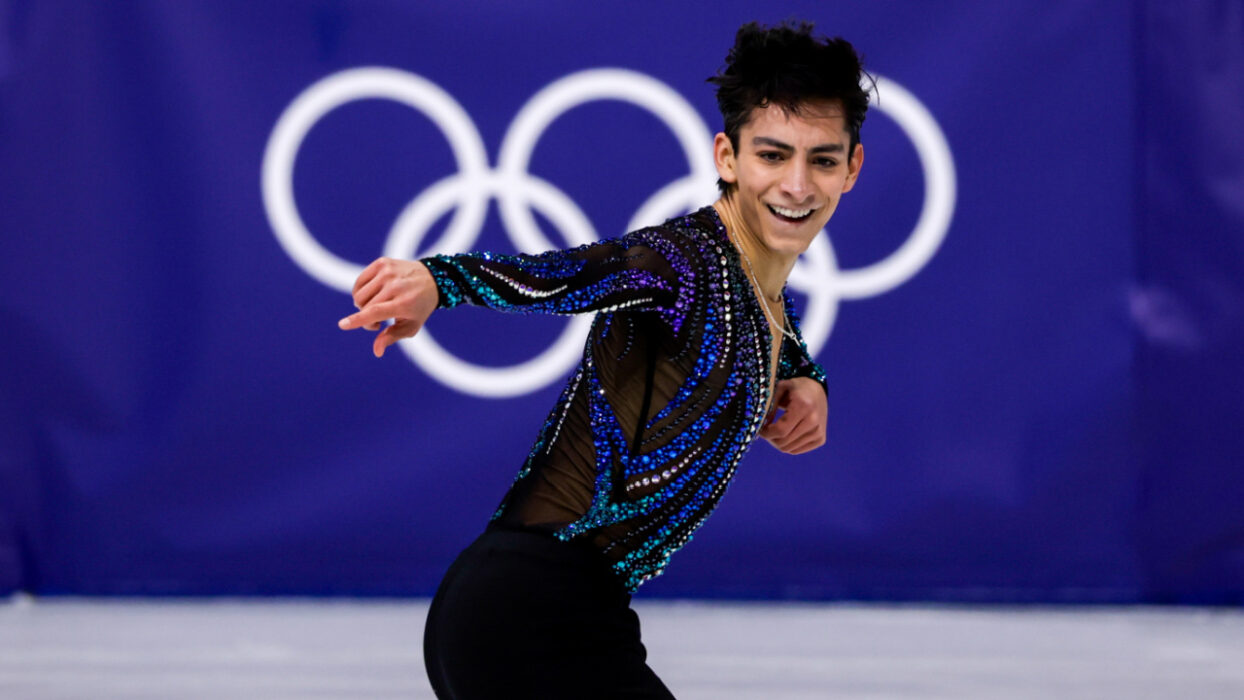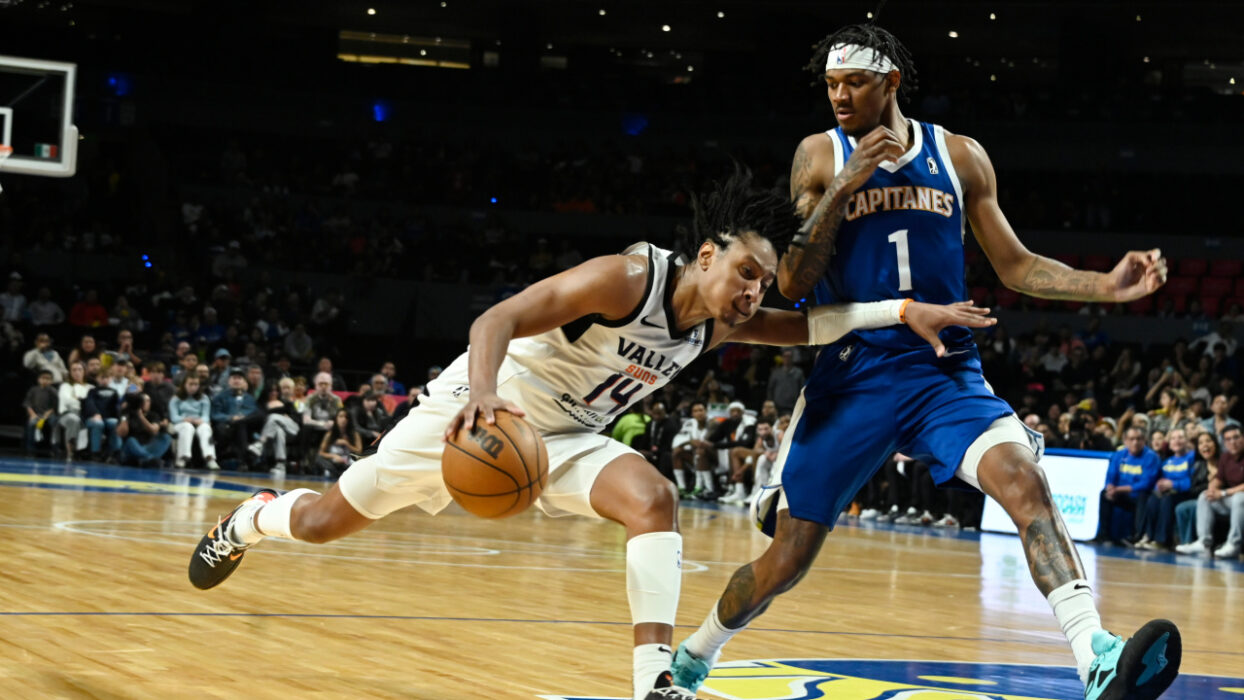
Bad Bunny, Karol G, and J Balvin Named in Major Reggaeton Lawsuit
Sampling is an industry standard in the music business. We hear some of our all-time favorite songs bringing in snippets of other songs that we love to listen to, creating a great sound. However, what happens if the sample isn’t properly sourced and credited? Looks like a lot of reggaeton artists are about to find out.
A lawsuit is going after some of reggaeton’s biggest stars over a dispute about the sampling of a popular beat
The beat called the “dem bow” is at the center of the lawsuit. According to the documents, various reggaeton artists might have illegally copied the beat from “Fish Market” by Steely and Clevie.
More specifically, the lawsuit claims that more than 1,800 songs from some of the biggest reggaeton stars copied “a programmed kick, snare, and hi-hat playing a one bar pattern; percussion instruments, including a tambourine playing through the entire bar, a synthesized ‘tom’ playing on beats one and three, and timbales that play a roll at the end of every second bar and free improvisation over the pattern for the duration of the song; and a synthesized Bb (b-flat) bass note on beats one and three of each bar, which follows the aforementioned synthesized ‘tom’ pattern,” Variety reports.
Bad Bunny, Karol G, Daddy Yankee, and J Balvin are among the reggaeton artists the lawsuit names. In 2023, the artists’ attorneys pushed to dismiss the case. They claimed an attempt by the plaintiff to monopolize the genre, according to the LA Times. According to the defendants, this would damage the musicians and the genre as a whole.
A year later, Judge André Birotte Jr. of the U.S. District Court for the Central District of California denied the motion to dismiss and allowed the case to continue after time to let the two sides gather evidence for a trial.
The implications for reggaeton could be devastating for the genre and artists
If the plaintiff wins the case, reggaeton music might never be the same. The case’s fate is far on the horizon, as the two sides of the legal battle are not in the discovery phase. The next step is capturing testimonials and exchanging evidence between the defendant’s and plaintiffs’ legal teams. People will be deposed to seek answers.
“The court is unprepared at this stage to examine the history of the reggaeton and dancehall genres and dissect the genres’ features to determine whether the elements common between the allegedly infringing works and the subject works are commonplace, and thus unprotectable, as a matter of law,” Judge Birotte said, according to Court House News.
Without the popular beat, reggaeton music might not sound the same. Unfortunately for reggaeton fans, we will have to wait to hear the final decision of the legal battle. Until then, we can still enjoy the songs that have defined the careers of reggaeton artists who have kept us dancing for years. It could be a few more months before the case is before the judge again.




